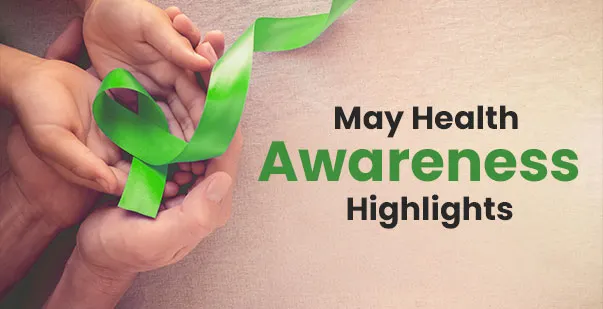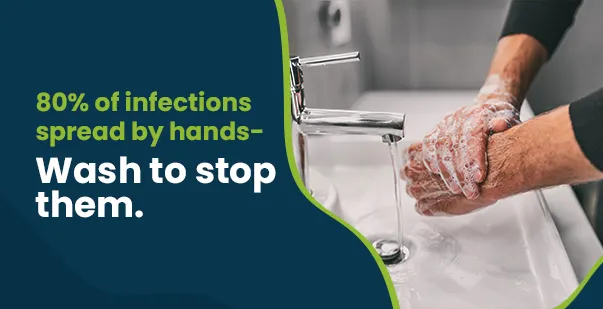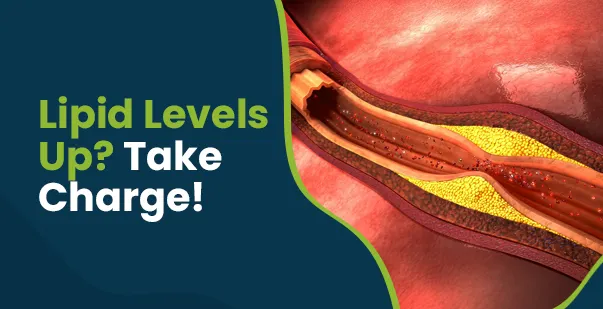When was CPR invented, and how did we get there? Cardiopulmonary resuscitation CPR is a widely known emergency procedure performed on patients suffering from sudden cardiac arrests or on drowning victims. Naturally, when was CPR invented, or who invented the technique? If you’re interested in knowing more about the history and development of CPR, keep reading.
CPR is a lifesaving technique that took at least 273 years in the making. The geniuses behind this emergency procedure are Dr. James Jude, Dr. Peter Safar, and James Elam.
- Dr. James Jude, a young doctor working in Baltimore in the late 1950s, realized that when the pressure has been applied rhythmically as the heel of the hand is placed to the center of the chest, it could help restart the heart. This eventually led to the discovery of CPR. The American Heart Association formally endorsed the use of Cardiopulmonary resuscitation in 1963. Since then, the discovery of Dr. James Jude has already saved thousands of lives every year.
- While the latter invented the use of external chest compressions, Dr. Peter Safar and James Elam invented mouth-to-mouth resuscitation, which is the second and last step in performing a full cycle of CPR. The two had rediscovered the other two steps in CPR:
1) The tilting of one’s head to open the patient’s airway and
2) Mouth-to-mouth rescue breathing could maintain healthy levels of breathing and provide sufficient air for the patient who is not breathing.
Thanks to the innovative minds behind CPR, thousands of lives have been saved every year. However, performing CPR on victims can be challenging without prior knowledge. Thus, we can say that it requires both CPR knowledge and skills to prevent further complications.
Experts recommend certifying in Cardiopulmonary Resuscitation (CPR) / Automated External Defibrillator (AED) online courses to learn the basic steps of cardiopulmonary resuscitation.
American HealthCare Academy provides individuals with CPR courses to learn at their own pace, allowing multiple retakes at the final quiz. The courses follow the updated guidelines and are nationally accepted. Enrolling in a CPR / AED course will help train individuals in the execution of CPR on patients. To learn more about American HealthCare Academy’s courses, visit cpraedcourse.com today.









